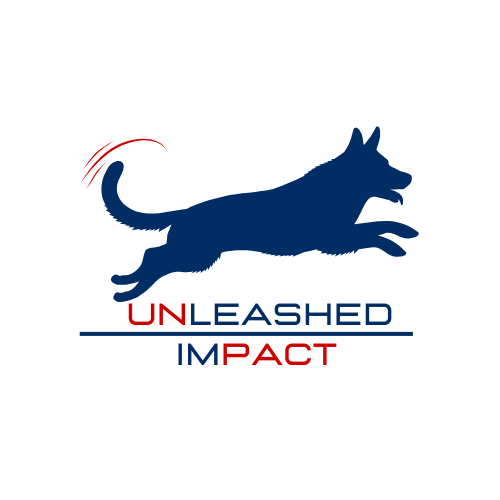How the West Got Wild
Why there are competing methods in the dog training industry.
When the facts change, I change my mind. -John Maynard Keynes
In our last blog post, we started to dig into the first of “the four paws we stand on,” humane resources. As you recall we taught you that the majority of the pet care industry is unregulated, and we offered a few science-backed resources that you can generally rely on. Now, let’s dig a little deeper. Why do we know we can trust those organizations and practitioners? What science do we mean is backing them? And if the science is out there and available why is anyone not using it in their business?
You see, it started with a poorly built study on wolves that wrongly influenced another study that was taken by dog trainers, and probably one famous celebrity dog trainer in particular, and was then spoon fed to the public in the form of a satisfying and digestible tv show and became the mainstream understanding of canine behavior.
The original study was done in the 1930s and 40s by Rudolph Schenkel. He monitored, recorded, and analyzed the behaviors of a pack of wolves. The problem? They were in captivity…….very small captivity….and were not from the same pack. They were wolves shipped in from various different zoos. Do you see the danger here? To say we can base the idea of a wolf’s natural behavior and social structure on a very unnatural set of circumstances is problematic. But this is where the idea of the alpha wolf or leader of the pack came from. The idea that leadership is all about dominance and the strongest, toughest wolf would rise to the top. And of course they acted that way. They were scared wild animals shoved into a small space with other scared wild animals they did not know! So yeah, they got a little snippy with each other over their resources.
Fast forward to the late 1950s where David Mech stepped on to the scene. A canine lover himself, he read and followed many of the findings and assumptions of Schenkel, publishing The Wolf: The Ecology and Behavior of an Endangered Species in 1970. The book became a best-seller. However, upon further study and understanding, Mech himself ultimately debunked his own publication and spent the later part of his career trying to prevent future publishing’s of the book. More recent studies of wolves in their natural habitats, suggestion packs are really just families of a male and female wolf and their offspring. And much like the average western familiar hierarchies, the parents or the oldest wolf is the “leader” and cares for, nurtures, and provides for the rest of the pack, instead of intimidating them into submission. But even before social media and sound bites were a thing, once something was published and accessible to the masses, it was really difficult to find everyone who learned from that study and correct the errors.
Keep in mind, while all of this study is going on about wolves, the industry that is dog training started to pick up in the U.S. And like any good practitioner should, they relied on the science that was available to them, which at the time said canines responded to strong pack leadership and that to control your rowdy dog, you needed to assert your dominance and become the alpha. This became a norm in the industry. This terminology really became mainstream in the early 2000s as celebrity dog trainers started popping up on tv and the internet showing fast “results” of uncontrollable dogs by being that strong alpha. We don’t name trainers here at Unleashed Impact that we don’t agree with, but I’m sure we all watched the same guy and thought he knew it all! I was just an impressionable kid at the time. How was I supposed to know his methods were based on a debunked study from the 1930s?
Here’s the deal. We’re not here to blame or shame anyone. But there is a pretty big civil war happening within the dog training industry. And honestly, I believe most people who still subscribe to punitive and balanced training methods have never been made aware of the full history of where the methods came from and how wrong the science is behind them. And if people who have dedicated their whole careers are unaware, then how are you as a casual consumer supposed to know?
That’s why humane resources is a paw we stand on here at Unleashed Impact. Because we have seen the research and seen the success, health, and happiness first hand of guardians who use positive reinforcement methods to grow and strengthen the relationship with their dogs. The industry may be the wild west, but hopefully we’ll be able to write about how the west was won and no dog was harmed, intimidated or mistreated in the name of obedience and behavior.
Two Great Articles on This Topic:





